Certain substances can result in a high level of toxicity within our bodies. Toxins can come from many different sources, such as environmental exposure, certain foods, and even soaps and other substances that you use on your body.
As you absorb toxins, your body may have unpleasant reactions, and you may suffer from health problems. Some symptoms related to toxicity include allergies, headaches, a low energy level. More serious symptoms include depression, bowel irregularities such as constipation and diarrhea, digestive problems and skin issues.
In this blog, we will explore some of the most common signs of toxicity and discuss how you can fight toxicity in your body by making healthy choices.
What is Toxicity?
Many people don’t understand how chemicals can have an impact on our bodies and overall health. However, toxins are harmful substances that can impact your body down to the cellular level. They can affect your energy level, your digestive system, and even your mental health, so it’s essential to be on the lookout for signs of toxicity.
Toxins can be found everywhere, and many people don’t think about how much they’re exposing themselves. Not only are toxins found in the environment and in the very air we breathe, but they can also be found in the products that we expose ourselves to. For example, many different kinds of makeup have been shown to contain toxic materials that can even cause cancer in some individuals.
Additionally, certain chemicals have been found in food that can result in a host of issues. Chemicals such as Bisphenol-A (BPA) can be very damaging to humans. Food toxins have been shown to be connected to serious conditions such as cancer and congenital disabilities.
How Can Toxins Affect My Health?
There are many different ways that the toxins you’re exposed to can impact your health. Some of the most common ways that toxins may affect your wellbeing include:
- Toxins can kill the healthy bacteria in your gut.
- They can block oxygen from binding to red blood cells.
- Toxins can interfere with DNA synthesis.
- Toxins block enzymes the body needs for normal functions.
- They block the absorption of vitamins and minerals.
- They can cause bioaccumulation (When toxins in your tissues and cells build up faster than they can be eliminated, bioaccumulation occurs. The toxins that remain circulating in your body can cause irritation and damage. When toxins combine inside you, they can cause further damage.)
The body is designed to get rid of toxicity through your liver, kidneys, and intestines. When these three main pathways aren’t functioning properly, toxins exit through your skin and lungs. Acne, skin rashes, and chronic fatigue are just a few signs your body is swamped with toxins. Since toxins are everywhere, it’s nearly impossible to eliminate all toxicity from your life.

What Are Some Symptoms of Toxic Overload?
When we’re experiencing toxic overload, our bodies will attempt to communicate that something is wrong. Paying attention to normal functions on a daily basis is an excellent way to determine if you’re being exposed to an abundance of toxins. Some of the symptoms of toxic overload include:
1. Constant fatigue:
You may sleep well, but you find it a struggle to get through your day. This is a sign that your body is overwhelmed as it tries to get rid of the toxins you’re pouring into it. Additionally, if your coping mechanisms include drinking more coffee or snacking on sweet foods to combat the fatigue, you’re just adding to the problem.
2. Stubborn Weight Gain:
Let’s face it: Losing weight is never easy. However, if you’re still putting on the pounds even though you cut calories and exercise daily, your hormones may be to blame. Normal hormone function is significantly influenced by toxins in the foods you eat and the personal care products you use. Your diet and personal care routine need a detox. A supplement like Internal911 will help your body eliminate the toxic buildup that is damaging your health.
3. Bad Breath
Despite brushing, rinsing, chewing gum, and sucking on breath mints, bad breath may persist. Bad breath is commonly linked to digestive issues, which allow toxins to proliferate. It can also be a sign your liver is struggling to remove the toxins from your body. Unfortunately, your breath will likely remain offensive until you address the source of the problem.
4. Constipation
Your intestines are designed to eliminate toxins daily. If you’re constipated, all those toxins are being stored throughout your body and can negatively affect your health. Your diet can expose you to many toxins, especially if it’s heavy on processed foods filled with chemicals, pesticides, and preservatives. In addition to stomach upset, constipation can cause:
- Headaches
- Aches and pains
- Fatigue
5. Scent Sensitivity
If smells (especially fragrances) trigger headaches or make you sick to your stomach, it can be a clue your body is fighting toxic overload.
6. Muscular Aches and Pains
If they aren’t connected to some form of exercise or injury, muscle pains can indicate toxic overload. The toxins in your body can eat away at your muscles and joints if not properly expelled.
7. Skin Reactions
Acne, rashes, and other skin symptoms may point to toxic overload. Acne, in particular, can be traced to the toxins in your diet or skincare products. Puffy eyes, eczema, or psoriasis might also be signs you’ve exceeded your toxic limit.
For more information check out Phytage Laboratories website, or contact our professionals at 1-800-822-5753 today!

 Cart
Cart




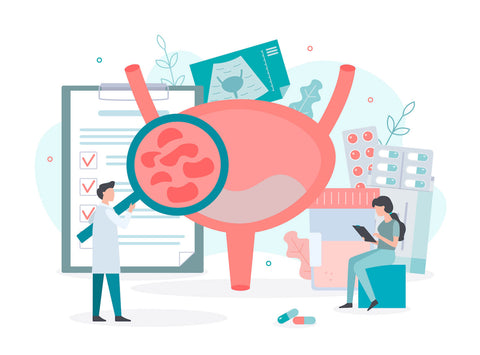



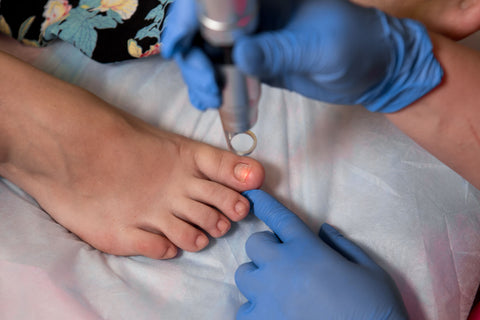
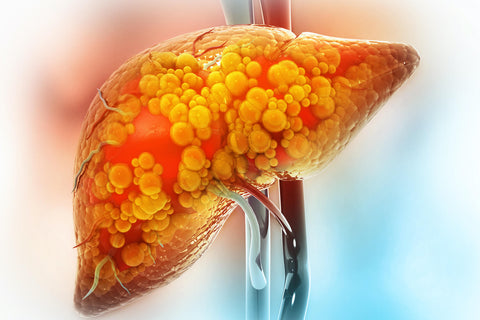


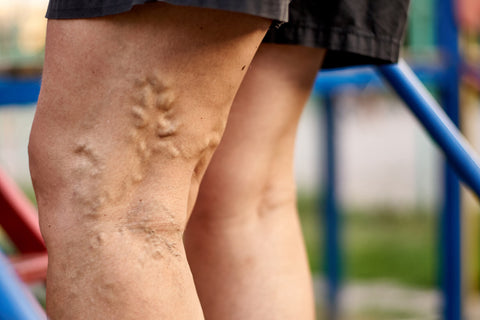


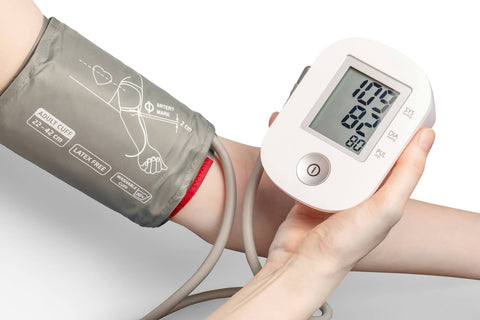

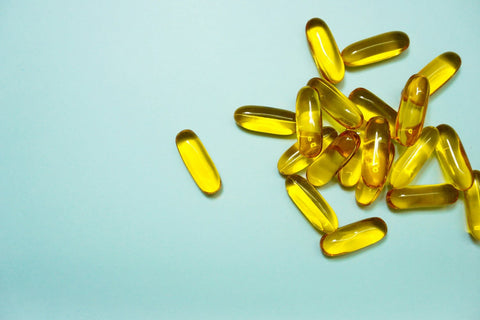
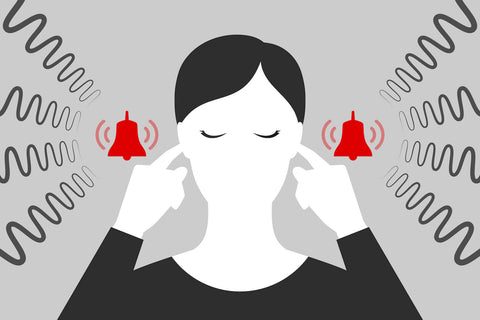



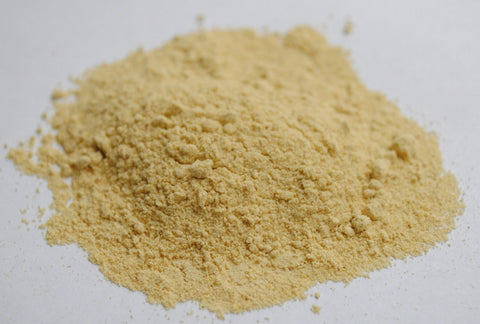
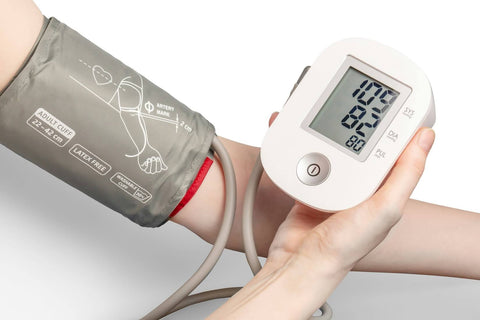
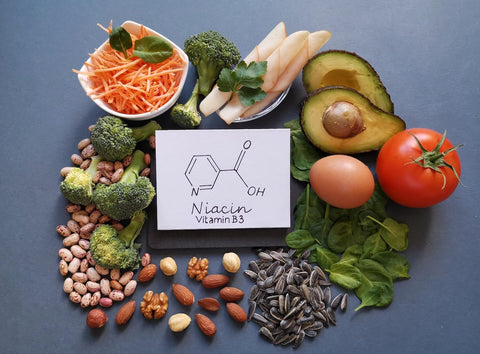






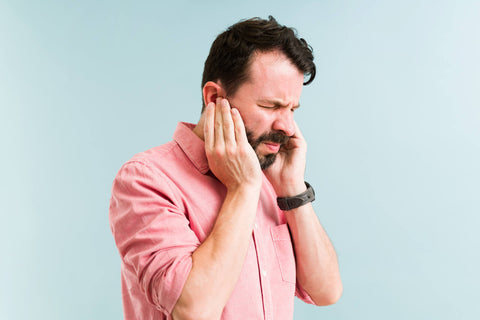





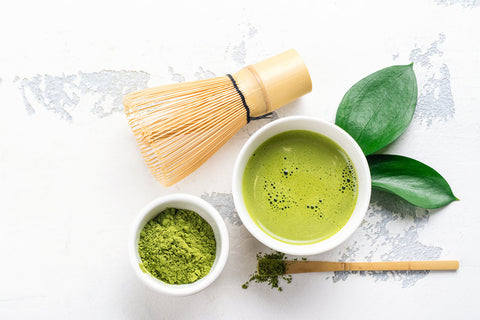








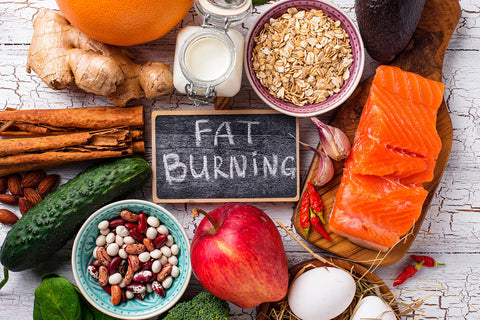





 1-800-822-5753
1-800-822-5753
